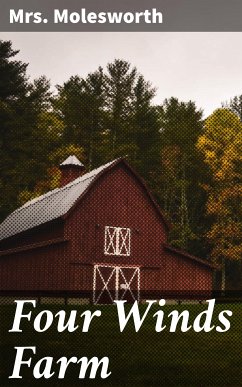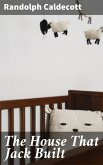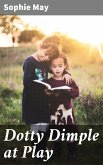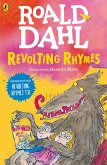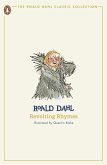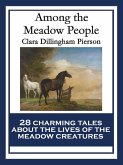In "Four Winds Farm," Mrs. Molesworth invites readers into a vivid world imbued with themes of pastoral beauty, childhood innocence, and the transformative power of nature. Set against the backdrop of a charming rural farm, the narrative unfolds with a rich, descriptive style that captures the sights and sounds of the English countryside. Molesworth deftly weaves together elements of fairy tale and realism, creating a comforting yet thought-provoking atmosphere that both delights and engages young readers, encouraging them to appreciate the simplicity of rural life while exploring deeper moral lessons. Mrs. Molesworth, a notable figure in Victorian children's literature, was influenced by her own experiences of rural life and the natural world. Her writings often reflect her keen interest in the emotional and moral development of children, making her stories not only entertaining but also educational. This particular work emerged during a time when literature for children began to shift from didactic tales to more imaginative narratives, showcasing her unique ability to blend both elements seamlessly. "Four Winds Farm" is highly recommended for both children and adults alike, providing a delightful escape into a world where nature thrives and rich experiences unfold. Readers will find in Molesworth's narrative a timeless invitation to rediscover the joys of simplicity, making it an essential addition to any literary collection.
Dieser Download kann aus rechtlichen Gründen nur mit Rechnungsadresse in A, B, BG, CY, CZ, D, DK, EW, E, FIN, F, GR, H, IRL, I, LT, L, LR, M, NL, PL, P, R, S, SLO, SK ausgeliefert werden.

